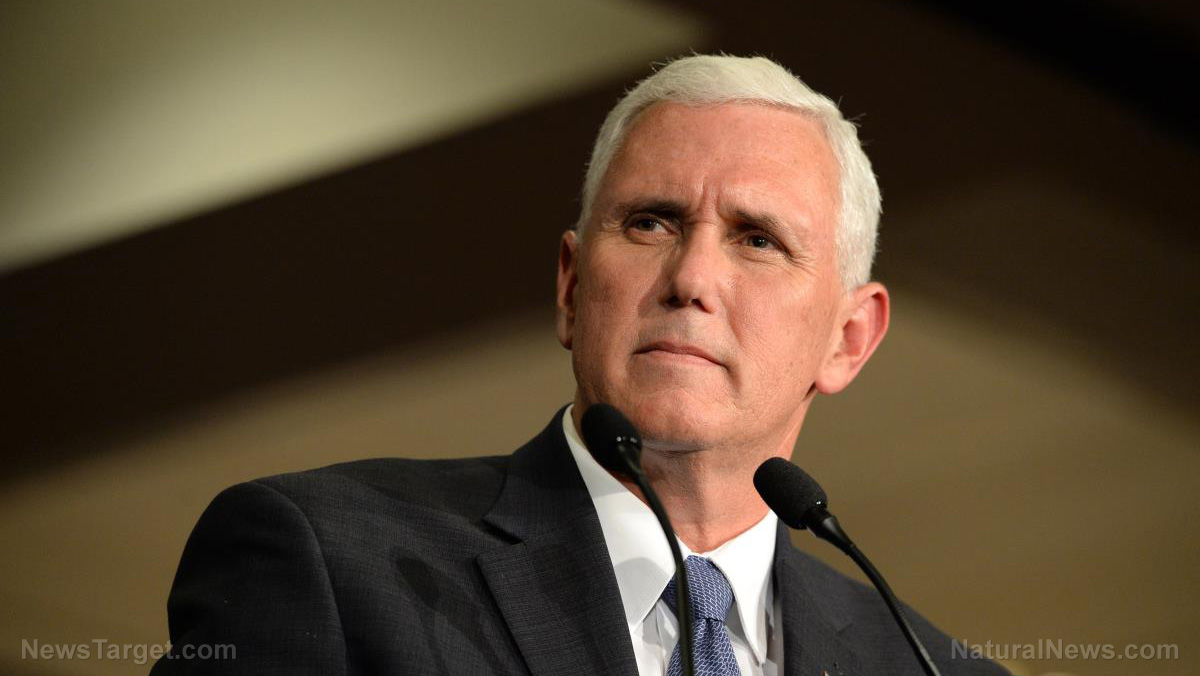
According to a LifeSiteNews report, the "Arizona for Abortion Access," which prohibits the state from interfering with this right unless it is to protect the health of the individual seeking an abortion, passed with 61.71 percent support. The new measure, which would create a "fundamental right to abortion" before fetal viability, restricts post-viability abortion only when medically necessary. Missouri also backed similar measures protecting abortion access until fetal viability.
In C0lorado, 61.48 percent of voters approved the "Coloradans for Protecting Reproductive Freedom" amendment to formally recognize a "right to abortion" and ban government intervention or restrictions on insurance coverage for abortion services. The measure prevents future restrictions on abortion access. Additionally, it removes previous language prohibiting taxpayer funding for abortions.
In Maryland, the "Right to Reproductive Freedom" amendment passed with 74.11 percent support. This enshrines an individual's right to make reproductive decisions as central to liberty and equality. The measure provides for nearly unrestricted abortion access, with only narrowly defined government interests allowed to limit this right.
Montana and Nevada also followed suit, each passing their respective amendments with similar provisions that aim to protect abortion rights. Montana's initiative, which received 57 percent of approval from voters, introduces a "right to abortion" as a protected constitutional right, only allowing for limitations under certain health-related conditions.
Meanwhile, Nevada's amendment, known as the "Reproductive Freedom Amendment," passed with 63.33 percent of the vote but will require a second approval in 2026 before being added to the state constitution. New York also approved amendments to enshrine abortion rights in their state constitutions.
Conservative states of Florida, Nebraska and South Dakota have defeated pro-abortion ballot initiatives
Still, pro-life advocates managed to end the two-year streak of victories for the abortion rights movement in Florida, Nebraska and South Dakota as voters defeated pro-abortion ballot initiatives.
In Florida, voters, led by a coalition of pro-life advocates and Republican Governor Ron DeSantis, defeated Amendment 4, a measure that sought to establish a constitutional right to abortion in the state. Despite national support and over $40 million in funding from abortion rights groups, the amendment failed to achieve the 60 percent threshold needed for a state constitutional change. Instead, it only secured 57.11 percent of the vote. (Related: Trump says he'll VOTE NO on Florida's pro-abortion amendment.)
The result keeps Florida's six-week abortion ban, which has exceptions for cases of rape, incest and when the mother's life is at risk.
In South Dakota, voters rejected an amendment that would have allowed unrestricted access to abortion in the first trimester, while allowing state regulation or prohibition in later stages, with exceptions for the woman's health. South Dakota currently enforces one of the strictest abortion laws in the country, allowing abortion only to save the woman's life.
Meanwhile, Nebraska voters faced two conflicting abortion-related measures. They approved a measure that upholds abortion rights only in the first trimester and prohibits the procedure in the second and third trimesters, with exceptions for medical emergencies and cases of rape or incest. This measure aligns with the state's existing 12-week abortion ban. However, a separate amendment that would have expanded abortion access until fetal viability was rejected.
Visit Abortions.news for stories related to this.
Watch this video about Donald Trump clarifying his position on abortion in his home state of Florida.
This video is from the TrendingNews channel on Brighteon.com.
More related stories:
Arkansas Supreme Court confirms radical pro-abortion amendment WON'T APPEAR on November ballot.
Six Nebraska female athletes support abortion ban in new pro-life ads.
Florida ballot measures to legalize recreational weed and expand "abortion rights" FAIL.
Sources include:
Please contact us for more information.






















